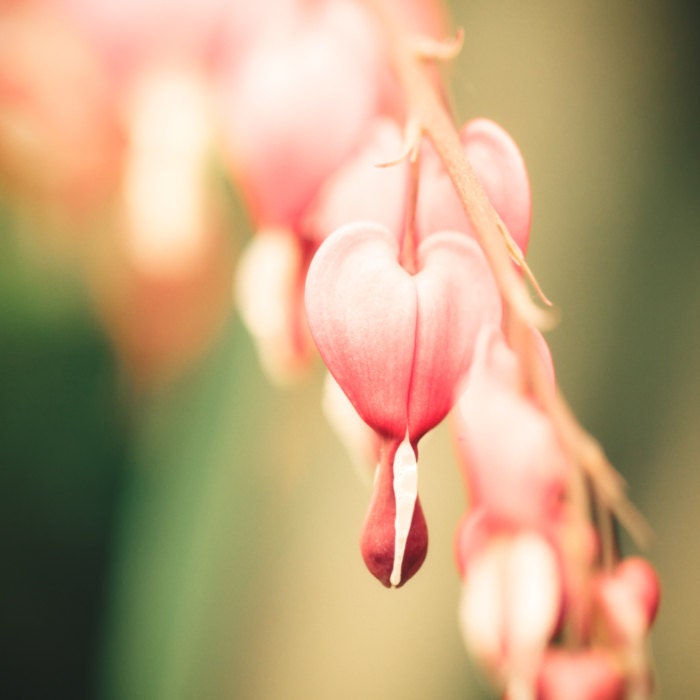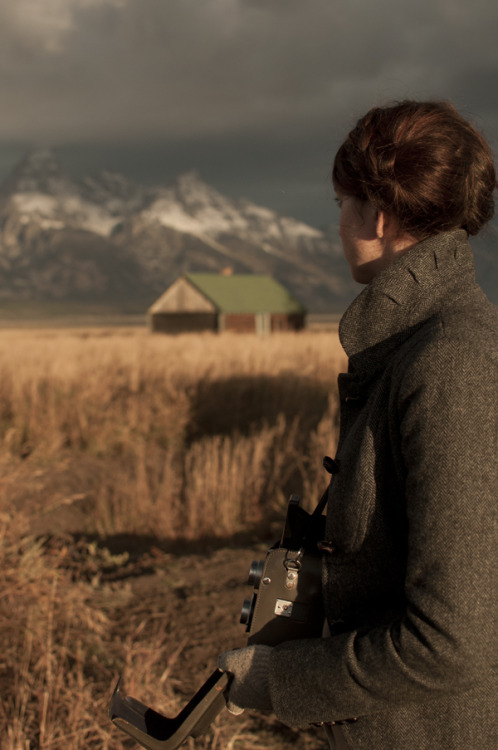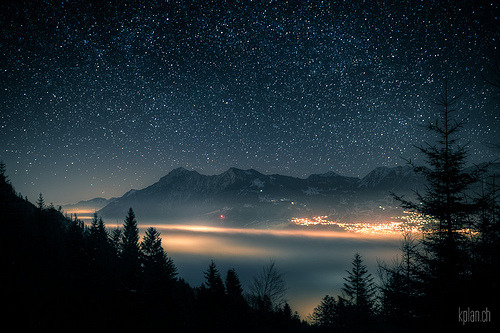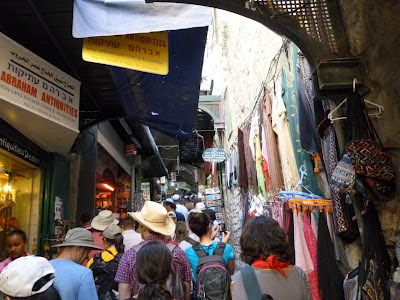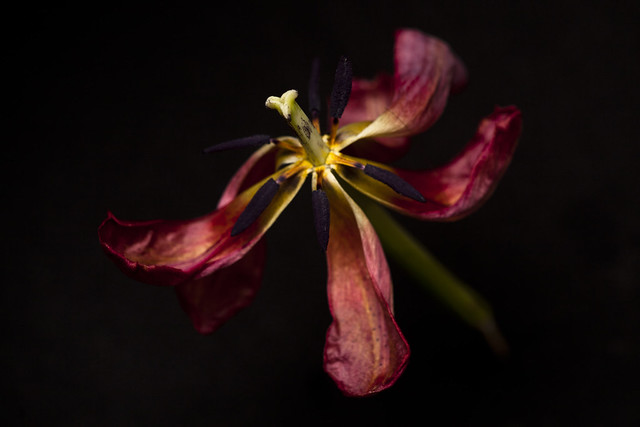7:43 a.m. 0 degrees. Christmas Eve. The dogs are eating breakfast. I wait for Riley to finish his kibble; I could stand and watch him chew, or pull The Horse Owner's Veterinary Manual off the shelf and read a half page, or fold three sweaters from the laundry.
Or step outside (where it is beauty incarnate).
Later my father would ask why I went outside—me? Who is always cold? Out in my pajamas and stocking feet?—and I didn’t have a good answer, other than I needed to feel alive. A 60-degree temperature drop in three feet and two seconds is enough to drive your thoughts to God, as happens to me, now, when I feel most alive. Cold. Pain. Tears. Joy. Sitting next to a Christmas fire so long your face burns hot or breaking a paper-thin Christmas tree bulb you didn't mean to destroy, or pinching out the flame of a candle with your bare fingers or trying to tear open a present that refuses to give up its prize—this is life, pure life that rushes your heart like zero-degree air.
So I stand outside and frozen concrete pounds through my socks.
4:54 p.m. 12 degrees. Christmas Eve. I swing my black-suede boots out of my dad’s blue Corolla and cold air freezes my skirt, black beads on white satin—outlines of flowers and leaves in swirl and sparkle. My father and I are silent, thinking of what I’d just read out loud by moonlight:
The Voice was and is God…
His breath filled all things with a living, breathing light—
A light that thrives in the depths of darkness…
It cannot and will not be quenched…
The true Light, who shines upon the heart of everyone, was coming into the cosmos… The Voice took on flesh and became human and chose to live alongside us… Through this man we all receive gifts of grace beyond our imagination… God, unseen until now, is revealed in the Voice, God’s only Son.
We had been silent a moment, and drove past snowed-in pine trees.
“What should I read next?”
This is the revelation of Jesus the Anointed, the Liberating King: an account of visions and a heavenly journey. God granted this to Him so He would show His followers the realities that are already breaking into the world and soon will be fulfilled…
“This is not the time for fear; I am the First and the Last, and I am the living One. I entered the realm of the dead; but see, I am alive for now and for all the ages—even ages to come.”
It is a candlelight service tonight—heat of flame and cold of snow and voice of God.
7:32 a.m. –14 degrees. Christmas Day. The dogs are eating again. I wrest open the sliding door smudged by dog nose prints, step over Anya’s soggy blue ball, and walk into the backyard onto the one patch of concrete patio not covered with snow. Wrapping my arms around my waist does nothing against the glass wall of ice I just entered—wake up! good morning! merry Christmas!
Earlier, sitting by the fire and the lighted Christmas tree before my parents were awake, I had seen on Facebook a friend post a picture of a cake with “Happy Birthday, Jesus!” written in green icing across its face—a family tradition, as proclaimed in the comments.
Beyond the mesh yard fence lies unbroken snow to the treeline. Happy birthday. I rarely think of Christmas as Jesus’ birthday—perhaps this is sacrilegious?—but today the air-torn cold won’t let me forget one thing: I am alive. I am human. And only humans have birthdays.
Or step outside (where it is beauty incarnate).
Later my father would ask why I went outside—me? Who is always cold? Out in my pajamas and stocking feet?—and I didn’t have a good answer, other than I needed to feel alive. A 60-degree temperature drop in three feet and two seconds is enough to drive your thoughts to God, as happens to me, now, when I feel most alive. Cold. Pain. Tears. Joy. Sitting next to a Christmas fire so long your face burns hot or breaking a paper-thin Christmas tree bulb you didn't mean to destroy, or pinching out the flame of a candle with your bare fingers or trying to tear open a present that refuses to give up its prize—this is life, pure life that rushes your heart like zero-degree air.
So I stand outside and frozen concrete pounds through my socks.
4:54 p.m. 12 degrees. Christmas Eve. I swing my black-suede boots out of my dad’s blue Corolla and cold air freezes my skirt, black beads on white satin—outlines of flowers and leaves in swirl and sparkle. My father and I are silent, thinking of what I’d just read out loud by moonlight:
The Voice was and is God…
His breath filled all things with a living, breathing light—
A light that thrives in the depths of darkness…
It cannot and will not be quenched…
The true Light, who shines upon the heart of everyone, was coming into the cosmos… The Voice took on flesh and became human and chose to live alongside us… Through this man we all receive gifts of grace beyond our imagination… God, unseen until now, is revealed in the Voice, God’s only Son.
We had been silent a moment, and drove past snowed-in pine trees.
“What should I read next?”
This is the revelation of Jesus the Anointed, the Liberating King: an account of visions and a heavenly journey. God granted this to Him so He would show His followers the realities that are already breaking into the world and soon will be fulfilled…
“This is not the time for fear; I am the First and the Last, and I am the living One. I entered the realm of the dead; but see, I am alive for now and for all the ages—even ages to come.”
It is a candlelight service tonight—heat of flame and cold of snow and voice of God.
Earlier, sitting by the fire and the lighted Christmas tree before my parents were awake, I had seen on Facebook a friend post a picture of a cake with “Happy Birthday, Jesus!” written in green icing across its face—a family tradition, as proclaimed in the comments.
Beyond the mesh yard fence lies unbroken snow to the treeline. Happy birthday. I rarely think of Christmas as Jesus’ birthday—perhaps this is sacrilegious?—but today the air-torn cold won’t let me forget one thing: I am alive. I am human. And only humans have birthdays.

